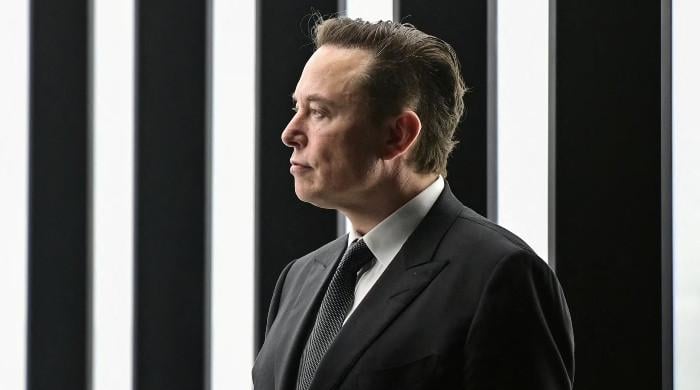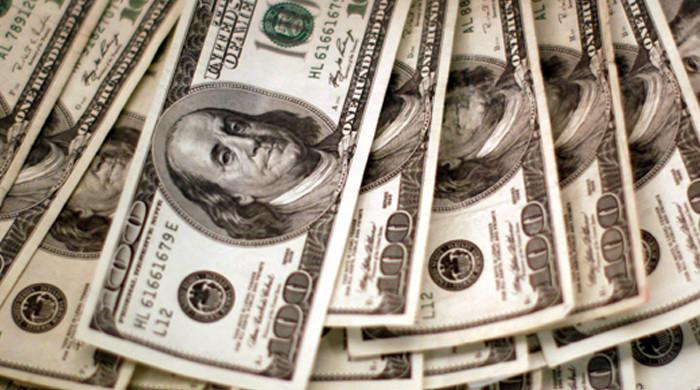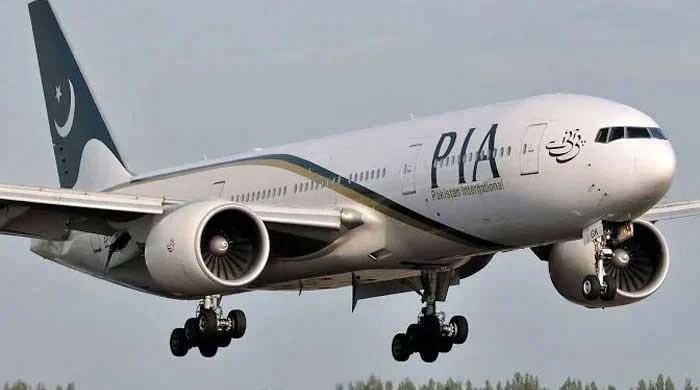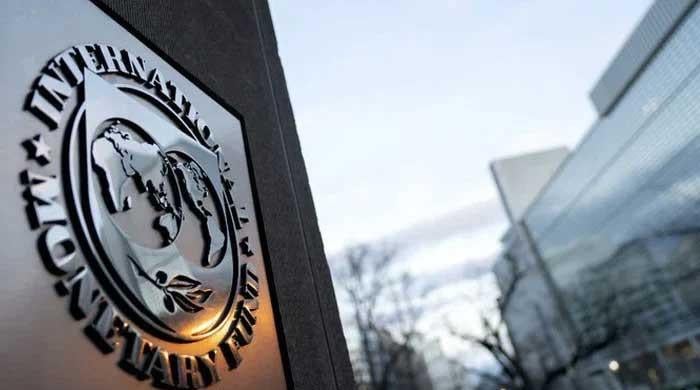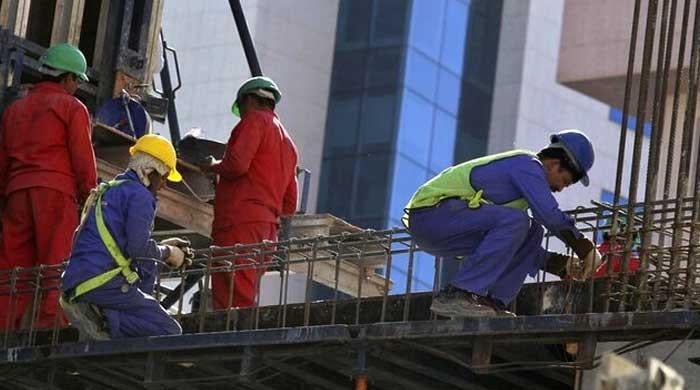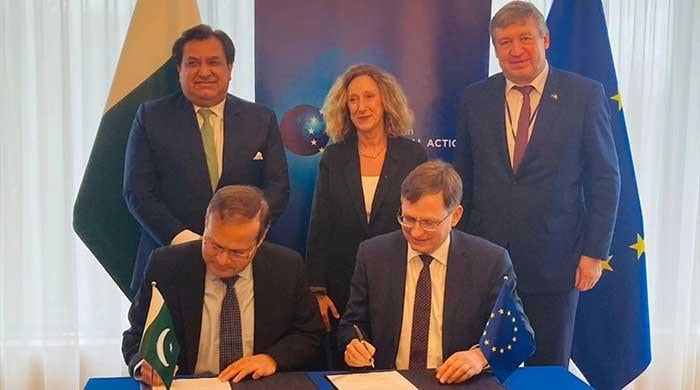Stage set to bring country out of economic crisis, PM says after IMF agreement
PM congratulates Ministry of Finance, Foreign Office for "great team work" that led to the programme's revival
July 14, 2022
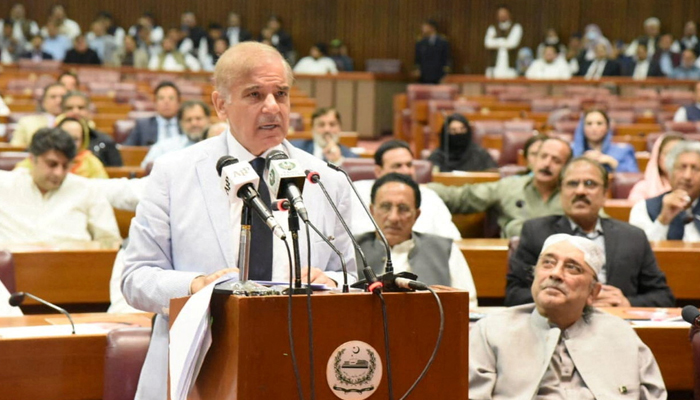
- IMF, Pakistan reach staff-level agreement to revive programme.
- “It was great teamwork,” PM Shehbaz Sharif says.
- PM Shehbaz appreciates Miftah and Bilawal for their efforts.
ISLAMABAD: Prime Minister Shehbaz Sharif on Thursday said that the revival of the International Monetary Fund (IMF) programme has paved the way for the government to steer the country out of the ongoing financial crisis.
The Fund has said it has reached a staff-level agreement with Pakistan that will pave the way for the disbursement of $1.17 billion, if approved by the IMF board, and that it is considering adding funds to the programme.
In a statement, the IMF said its staff reached an agreement on policies under a review of its Extended Fund Facility (EFF) programme that could bring total disbursements under the programme to about $4.2 billion if approved.
The prime minister, in a statement on Twitter, congratulated the Ministry of Finance and Foreign Office teams — led by Minister for Finance Miftah Ismail and Minister for Foreign Affairs Bilawal Bhutto Zardari — for their efforts in getting the IMF programme revived.
“It was great teamwork. The agreement with the Fund has set the stage to bring the country out of economic difficulties,” PM Shehbaz said.
PML-N leader and former finance minister Ishaq Dar hoped that the development will bring calm to the forex market and contribute to the “long journey to the macroeconomic stability goal”.
An original $6 billion bailout package was signed by former prime minister Imran Khan in 2019, but repeatedly stalled when his government reneged on subsidy agreements and failed to significantly improve tax collection.
The new agreement follows months of deeply unpopular belt-tightening by the government of Shehbaz Sharif, which took power in April and has effectively eliminated fuel subsidies and introduced new measures to broaden the tax base.
The new government has slashed a raft of subsidies to meet the demands of global financial institutions but risks the wrath of an electorate already struggling under the weight of double-digit inflation.
A new coalition government — which came to power after Khan was ousted by a parliamentary no-confidence vote — has said it will make the tough decisions needed to turn the economy around.
In a bid to secure the IMF loan, PM Shehbaz has imposed three fuel price hikes — cumulatively totalling 50% — and raised the cost of electricity to effectively end the subsidies introduced by Khan.
Moreover, in order to meet higher financing needs, the IMF board will also consider an extension of the EFF until the end of June 2023, and an addition of nearly $1 billion which would bring total access under the program to about $7 billion, it said.
"Pakistan is at a challenging economic juncture," Nathan Porter, who headed the IMF team, said in a statement, citing the difficult external environment and domestic policies that fueled demand to unsustainable levels.
— Additional input from Reuters




